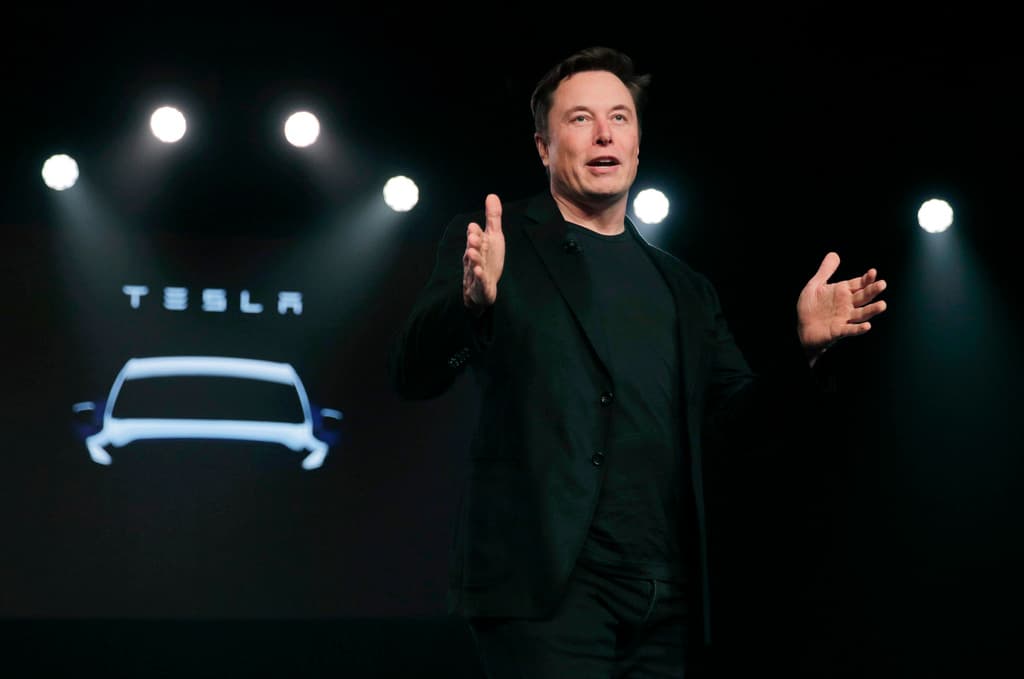Biden’s FCC Opens a New Front in the Administration’s War on Elon Musk
The Federal Communications Commission’s attack on Starlink throws the ‘independence’ of federal agencies into question.

The Federal Communications Commission might be turning into the Federal Collusion Commission. The Biden administration appears to be ramping up its campaign against Elon Musk as the agency launches yet another attack on his business dealings.
On Tuesday, the commission scrapped funding for one of Mr. Musk’s companies, Starlink, arguing that the company failed to expand its satellite broadband service two years ahead of schedule. The agency has never before demanded that a funding recipient meet its commitment that early, and the law only asks that Starlink show it is “reasonably capable” of granting high-speed internet to 40 percent of roughly 640,000 rural Americans by the end of 2025.
A login link has been sent to
Enter your email to read this article.
Get 2 free articles when you subscribe.

